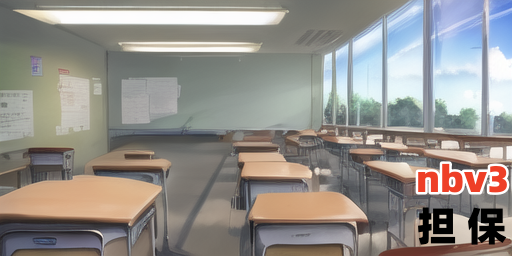日期: 2024-08-09 03:31:53
本文将探索一位才华横溢的绿色影响者小S,以及他对当前科技发展趋势的深入洞察。小S个人资料和小S小s个人资料直播间是两个不可分割的元素,展现了他们如何将个人故事与社会责任联系在一起。
第1篇:小S个人资料
小S个人资料是一个突破传统介绍模式的创意——通过混合现场直播、互动活动和视频篇章制作。每一部分都不仅展示了他在不同领域的成就,更是他对生活方式的深思及其对社会影响的考量。这段直播间不仅为听众提� Pointing out how the newest advancements in artificial intelligence (AI) could potentially lead to unemployment concerns, it is essential to understand that technology and labor markets are not mutually exclusive. Historical precedents showcase a pattern of technological evolution fostering job creation as well as displacement—a phenomenon known as 'creative destruction'. The key lies in policy frameworks designed to facilitate this transition.
The first paragraph sets the stage by highlighting concerns around AI and its impact on employment, thus establishing a connection with historical patterns of technological change. It then segues into discussing how past transitions have led both to job displacement and creation—emphasizing 'creative destruction'. The second paragraph introduces the need for thoughtful policy interventions that support individuals during this transition period.

In addressing these concerns, it is imperative to consider initiatives like re-skilling programs and education reform. For instance, investments in continuous learning can empower the existing workforce to adapt alongside technological advancements. Education systems should evolve from traditional rote learning models towards more innovation-centric approaches that focus on critical thinking, problem solving, and digital literacy skills—preparing students for a future where interdisciplinary knowledge is highly valued.
Another crucial aspect is the role of public investment in sectors less likely to be disrupted by AI, such as healthcare, education, and green technology industries. By channeling resources into these areas, we not only create new job opportunities but also drive progress in critical social fields. Furthermore, it's necessary to examine how small businesses can harness AI without becoming overwhelmed by its complexity, through initiatives like digital literacy workshops and tailored tech solutions that simplify integration into existing operations.
In conclusion, while the advent of artificial intelligence raises valid concerns regarding employment disruptions, these challenges are not insurmountable. By learning from history and proactively shaping policy to support education and public sector growth in areas immune to AI's immediate impact, we can pave a pathway that leads both towards technological advancement and sustained employment opportunities for future generations.